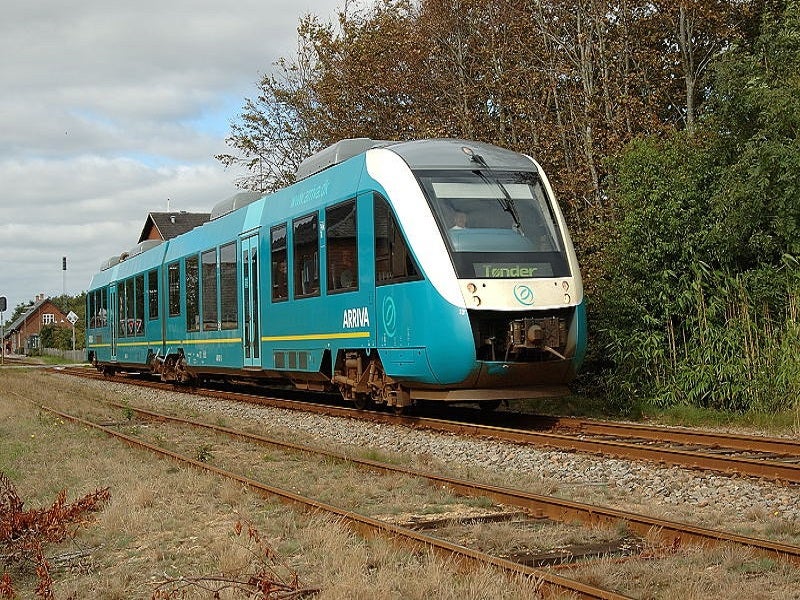
German national rail operator Deutsche Bahn (DB) is looking to revive a sale of Arriva, its subsidiary for regional passenger transport outside Germany, reported Bloomberg.
Citing people privy to the development, the publication stated that the business may be valued at €1-€2bn if the deal goes through.

Discover B2B Marketing That Performs
Combine business intelligence and editorial excellence to reach engaged professionals across 36 leading media platforms.
Offloading the Sunderland, England-based business would reportedly allow DB to reduce debt and streamline operations.
The move is also in line with DB’s aim to focus on its core German rail business under a wider revamp.
Currently, DB is working alongside advisers to assess interest from potential acquirers for Arriva, which it purchased in 2010 for £1.6bn.
These buyers could reportedly include rival transport businesses as well as investment funds.

US Tariffs are shifting - will you react or anticipate?
Don’t let policy changes catch you off guard. Stay proactive with real-time data and expert analysis.
By GlobalDataInvestment firms including Apollo Global Management and Carlyle Group have earlier vied for control of Arriva.
Efforts to divest or list the business were abandoned in 2019 after bids received were “well below book value”.
DB is also weighing a sale of its DB Schenker logistics business.
According to people familiar with the matter, the operator plans to sell Arriva prior to divesting Schenker.
However, possibility of any of these deals materialising is still said to be uncertain.
Meanwhile, last year, Arriva announced the sale of its entire operations in Denmark and Serbia along with its bus business in Poland to Mutares.
The decision was said to be an effort to remain competitive in the long-term and focus on core markets in the UK and Mainland Europe.
Arriva offers a range of transport modes including train, tram, bus, ferry, car and bike-sharing services.
The business, with a workforce of nearly 60,000, currently operates over 2.4 billion journeys across 14 European nations annually.




